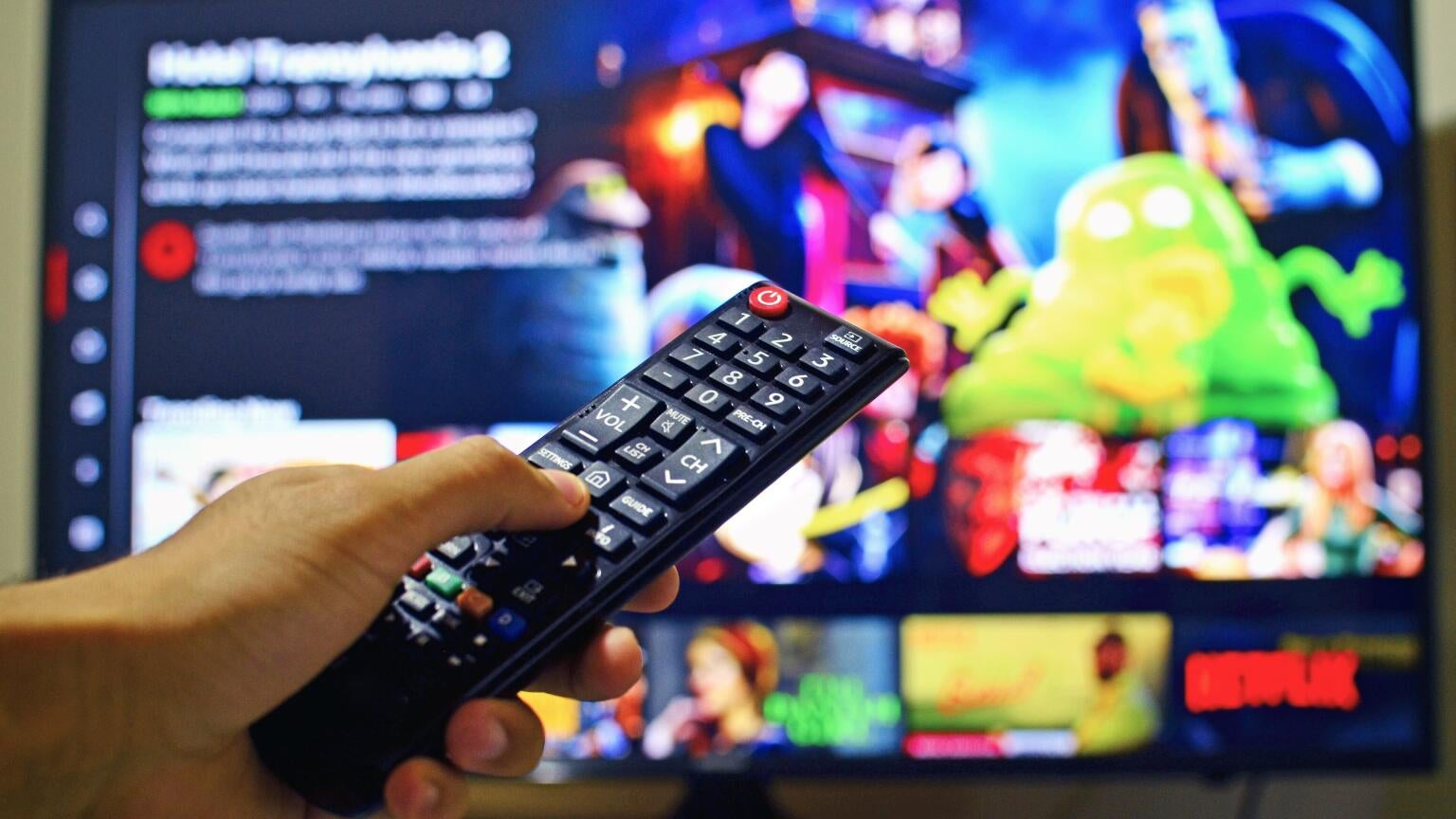
We’ve all been there; nestled in for a relaxing evening watching the perfectly selected, atmospheric drama. The lighting and the volume are low; you’re curled up under a blanket with popcorn on your lap, and then after the first act of the episode, your senses are bombarded by the unreasonably loud audio levels of an intrusive commercial.
The Commercial Advertisement Loudness Mitigation (CALM) Act was passed in 2010 and requires the FCC to ensure that advertisers do not broadcast commercials louder than the content that the ads are accompanying. However, since streaming was still in its infancy more than a decade ago, the law was written to only require audio-leveling from traditional TV providers.
While the enforcement of this law has been spotty in the intervening dozen years, the law’s original architects Congresswoman Anna Eshoo (D-Calif.) and Senator Sheldon Whitehouse (D-R.I.) have introduced a bill to amend CALM to apply to streaming services as well.
“New ways to watch TV shouldn’t mean new ways for corporations to blare ads at outrageously high volumes,” Whitehouse said in a statement. “It’s time to update our CALM Act to address the uptick in streaming, and to boost enforcement of existing rules against loud commercials.”
The Commercial Advertisement Loudness Mitigation Modernization Act of 2022 would require streaming commercials to abide by the same rules that their linear brethren are governed by. The bill also gives the FCC additional authority to investigate and enforce the law and requires that a study be done in order to gauge the law’s effectiveness.
If passed, the amended CALM Act would require that, within one year, the FCC prescribe “a regulation that prohibits video streaming services from transmitting the audio of commercial advertisements louder than the video content the advertisements accompany.”
Whether it is on increasingly popular ad-supported video-on-demand (AVOD) or free ad-supported TV (FAST) services, this has been a pain point for many consumers since the dawn of streaming. Now with more subscription video-on-demand (SVOD) services adding ad-supported tiers — Disney+ and Netflix are both planning to do so later this year — this bill, if enforced, should make streaming a less chaotic and audibly jarring experience.
“Today, we’re updating the legislation for the benefit of consumers who are tired of diving for the mute button at every commercial break,” Eshoo said.
